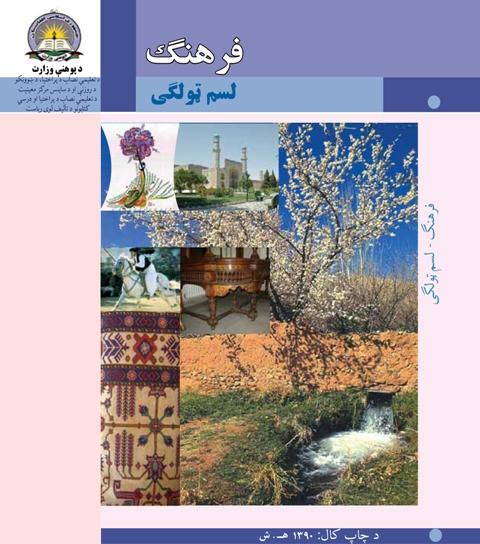The Taliban have once again made their influence felt in Afghan schools, this time objecting to a book called ‘Culture’ on the Afghan curriculum.
The antigovernment insurgents are reported to be going class to class and threatening teachers, students and school authorities who continue to teach the book which deals with the arts and music. The Taliban object to music as entertainment and have closed music stores and harassed musicians both sides of the Durand Line in recent years.
“We are dismayed by the Taliban’s decision; it is not how they think it is, the book does not teach anything unconventional and bad to the students, the book only teaches and explains Afghan culture and tradition,” says the provincial head of Nangarhar’s educational department. “It is the right of every Afghan citizen to learn about their traditions and cultures. We are confident that our brothers the Taliban will once again allow the book to be taught.”
No music in schools
A Taliban spokesman says the book does not adhere to the group’s rigid doctrine. “On behalf of the Islamic Emirate (the militant organisation’s name for Taliban-ruled Afghanistan) we had informed public schools that they should not teach the book titled ‘Culture’, because it teaches students about music and dance, and this is a downright breach of Islamic teachings. We vehemently oppose whatever actions and behaviour that do not conform to Islamic values,” says Zabihullah Mujahid, the Taliban spokesperson.
The insurgents object to the book’s focus on music in a chapter by the same name. “Music is an art among the most compelling and beautiful arts. Human beings have been expressing their most inner feelings, most delicate emotions, happiness, sorrow and psychological sentiments for centuries through music,” reads an excerpt from the book. ‘Culture’ goes on to talk about famous musicians and instruments, with illustrated images and explanations. The final part of the chapter on music discusses Afghanistan’s national dance, the Mali Attan.
Zahid, a student at a school near the border with Pakistan – which for security reasons we have decided not to name – says the Taliban’s pressure on teachers has dissuaded them from teaching cultural studies. “We were taught a subject called culture, but the Taliban ordered our teachers to exclude this subject and now they don’t teach it,” says the 17-year-old. “We don’t know why they banned this subject, it was interesting. We learned great things from the subject, but despite this they banned it.”
Taliban’s school inspectors
Despite the threats to teachers from Taliban, culture continues to be taught in urban schools. It is in rural areas where the Taliban have the most influence and teachers fear repercussions from local armed militants who make regular armed visits to schools to check up on the curriculum. “The Taliban show up at schools twice or thrice every week,” says a head teacher in one district of Nangarhar province, who for security reasons preferred not to be named. The head teacher says the militants operate as self-appointed monitors, albeit with guns. “They check teachers’ attendance and mark absent those who are absent. When we receive our monthly salary, they come and deduct the pay of absent teachers accordingly.”
The Taliban’s renewed focus on education may come as a surprise to readers and local residents more used to the organisation’s use of violence to obstruct girls’ education than the its focus on curriculum details. Even so, the focus is not all negative or unwelcome, says one student. “There were times when teachers ordered us to work on their wheat farms; some teachers forced us to weed and trim their land, others forced us to harvest opium for them. When the Taliban learned about this, they warned teachers and told them that they should never ask students to work for them and should allow students to study,” says Liyaqat, a 10thgrader at Ahdad High School in Rowdatoo District of Nangarhar Province. “They warned teachers of harsh consequences if they repeated this, and now no teacher is asking us to work for them.”
“They want to eliminate our culture”
The militants’ two-edged influence on local schooling could backfire in the long term, believes one local education stakeholder. “This is a new game by the armed group,” says Abdul Bilal, an instructor at the Nangarhar Teacher Training College. “They want to eliminate our cultural beliefs, banning this book means closing school doors on students,” Bilal told Afghanistan Today. “I think this action will hurt the armed group; they will be viewed as an enemy of education.”
This report was prepared by Afghanistan Today.
Visits: 5









GET IN TOUCH
NEWSLETTER
SUGGEST A STORY
PAJHWOK MOBILE APP